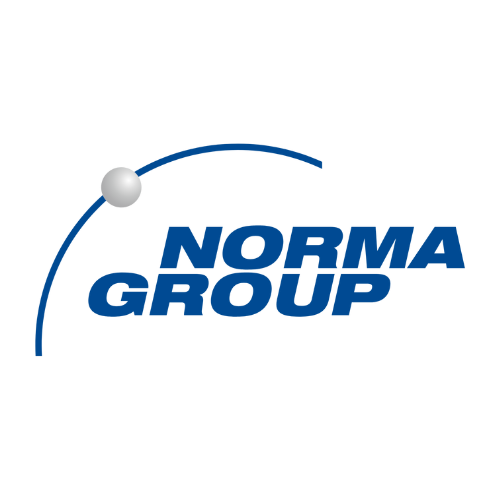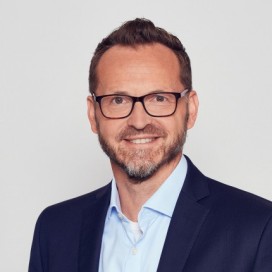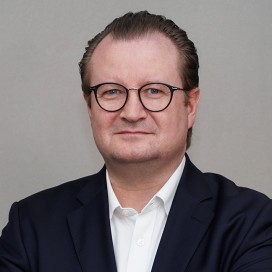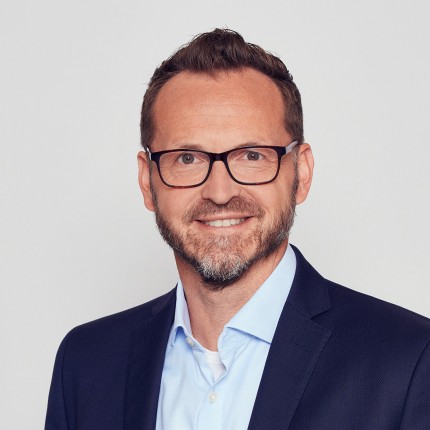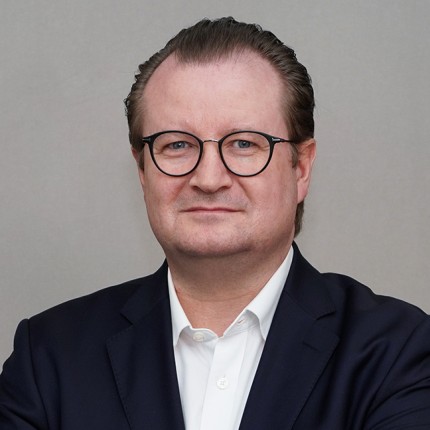Industry in transition: from increased efficiency to sustainability
The manufacturing industry is undergoing profound change. Global competitive pressure, volatile supply chains, and rising costs require new approaches to organization and production. Industry 4.0, automation, and digital process chains offer the opportunity to increase efficiency and quality while ensuring the resilience of companies.
The key drivers of this transformation are networked systems and data-based decision-making processes. The use of sensor technology, real-time analysis, and intelligent automation can optimize production processes, reduce downtime, and make more efficient use of resources. This not only makes manufacturing more cost-effective, but also more flexible and adaptable to future market requirements.


